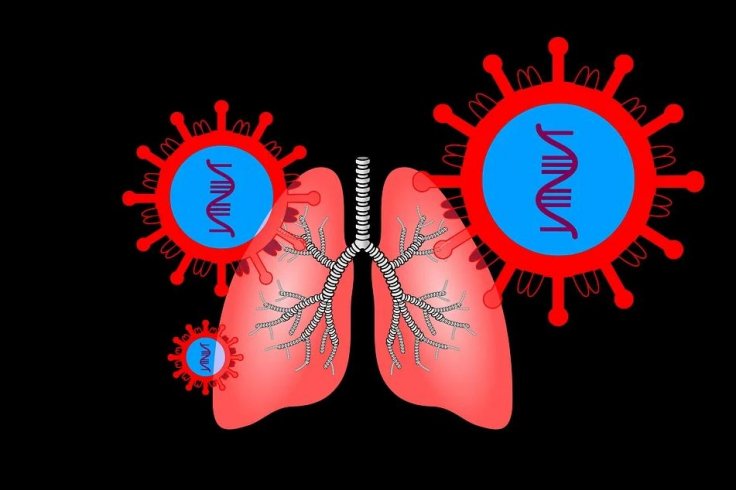Four months to the pandemic, too little is known about the new coronavirus. The disease has, until now, infected over 3.2 million people and killed 228,239.
As researchers world-over are studying newer characteristics of the deadly contagion, a group of Chinese researchers found that a woman, who had tested negative for COVID-19, thrice, but later died, had undetected traces of the virus deep inside her lungs.
What did the study reveal?

Fully-recovered patients could still carry novel coronavirus, deep in their lungs, a Chinese study has found. A 78-year-old woman in China's Chongqing tested negative thrice but later died of cardiac arrest. Researchers at Chongqing's Army Medical University found traces of SARS-CoV-2 deep in her lungs.
"Our work provided the first pathological evidence for residual virus in the lung for a patient [who tested negative] three consecutive times," wrote the researchers, led by Dr Bian Xiuwu, South China Morning Post reported. The research was published in the peer-reviewed journal Cell Research.
The study was based on the postmortem report of a 78-year-old woman, who was admitted on January 27 and tested positive for COVID-19. After testing negative, on three occasions based on samples from the back of her nose and throat, she was set to be discharged on February 13. Her CT scan also showed that her condition had improved. She died of cardiac arrest, the next day.
Her postmortem report showed no traces of the virus in her liver, heart, intestine, skin or bone marrow. But, researchers found complete strains of the virus in tissue deep in her lungs. When viewed through an electron microscope, it confirmed the existence of the intact coronavirus enveloped in a crown-like shell.
Despite the virus being present in her lungs, she tested negative because presently mass testing methods don't involve retrieving samples deep from the patient's lungs. To overcome this, Dr Bian's team has suggested flushing patients' lungs, before they're released. It would provide more accurate detection but would raise the cost of treatment. The procedure, called bronchoalveolar lavage, involves the insertion of a tube containing washing fluid into the patient's lungs, through his/her mouth. It's a complex, time-consuming and costly procedure.









